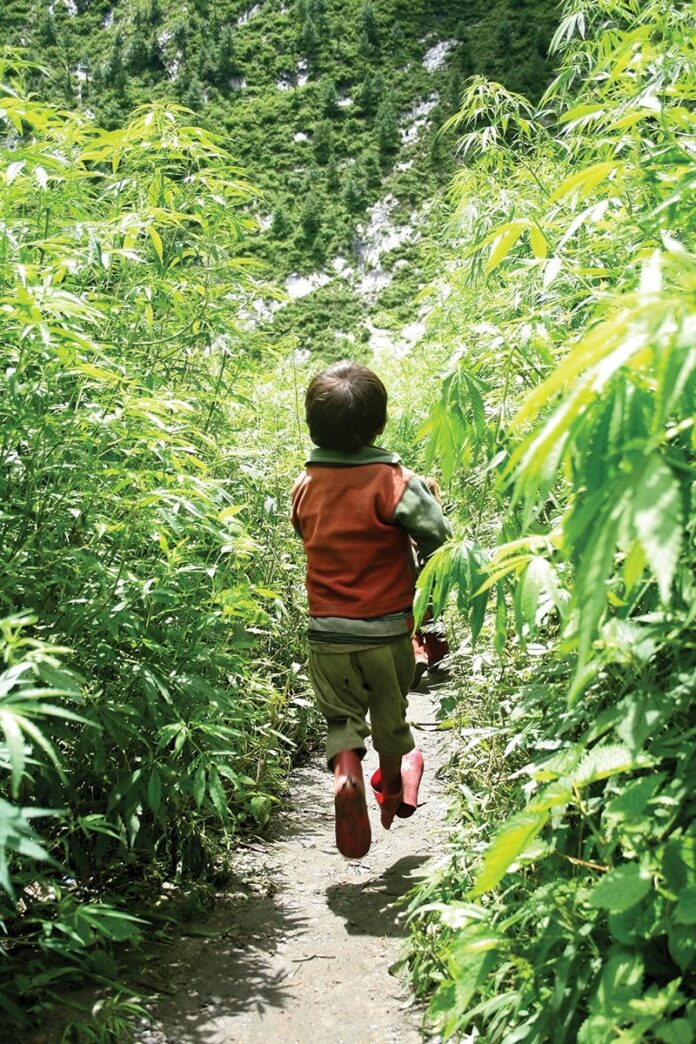‘But what about the kids?” Most of us drug-policy reformers have been asked this question (or one like it) by a well-meaning adult concerned that marijuana legalization sends the “wrong message” to our youth.
We get it. People worry that legalization could lead young people to start using marijuana at an earlier age or make it more socially acceptable for them to use.
A study published on Aug. 17 in the Journal of Substance Use and Misuse, with data out of Colorado, adds to the growing body of literature which could allay some of these fears. The researchers were curious about whether the onset of retail marijuana sales in Colorado in 2014 had an impact on adolescent use, attitudes towards marijuana and access to marijuana. They analyzed responses from over 20,000 public middle and high school students who completed the Healthy Kids Colorado Survey (HKCS) and compared their 2013 responses to their 2014 responses in order to detect any possible changes.
So what did they find? There was no sudden increase in reported rates of marijuana use after retail sales began in 2014. Rates remained essentially the same as 2013. The portion of adolescents who thought that smoking marijuana was harmful also did not change. The majority of the sample (over 60 percent) continued to believe it was wrong for young people to use marijuana. And, although slightly more students said they could “easily” get access to marijuana in 2014, the researchers found that having a marijuana store within two miles of the school could not explain this increase in perceived access.
Interestingly, the study’s results diverge from research in the areas of alcohol and tobacco, which has long suggested that stores which sell these products close to schools are associated with increased use among students. It didn’t appear to be the case for marijuana in Colorado in 2014.
As the country continues to weigh the benefits and risks of marijuana legalization, studies such as these that track the impact on adolescent attitudes and behaviors are critical. We know that prohibition has been harmful to youth, particularly young people of color. With less risk of criminal justice involvement and no increase in rates of youth, for now anyway, it seems that the kids are all right indeed.
This piece first appeared on the Drug Policy Alliance blog. Sheila P. Vakharia is the policy manager of the Office of Academic Engagement for the Drug Policy Alliance.









